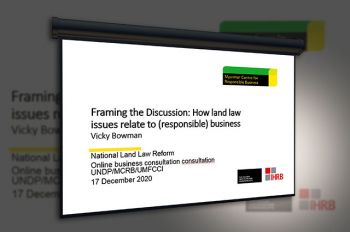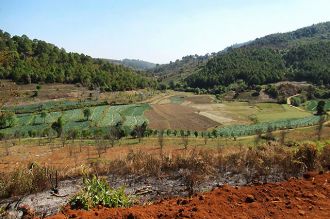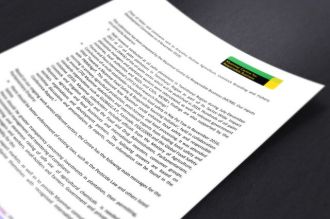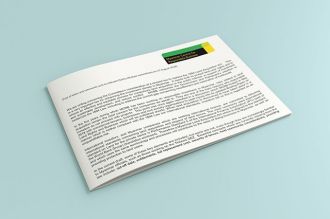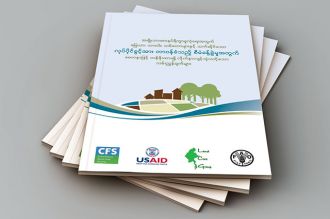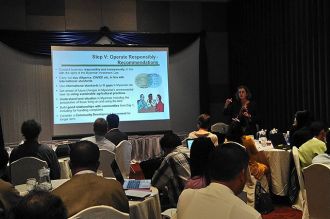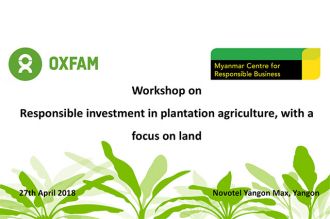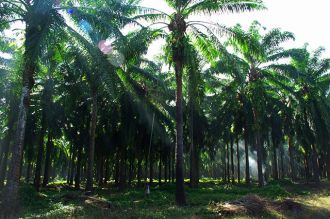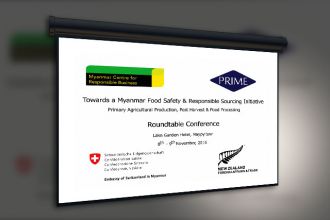Agriculture Sector

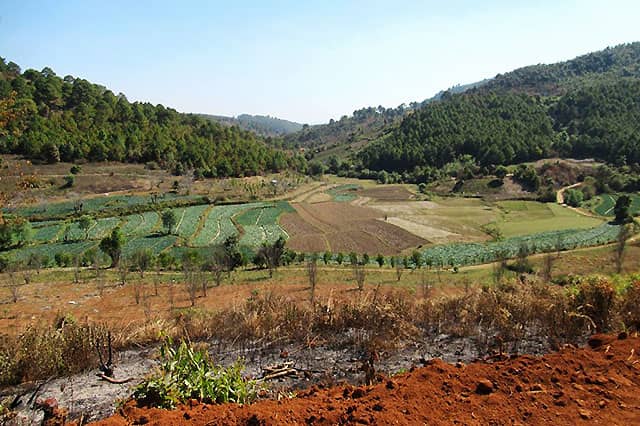
Since the majority of people in Myanmar are employed in agriculture, MCRB initially planned to conduct a Sector Wide Impact Assessment (SWIA) on agriculture as one of four SWIAs, the others being Oil and Gas (2014), Tourism (2015), and ICT (2015). In 2014, MCRB and the Danish Institute for Human Rights (DIHR) analysed the main agriculture commodities grown in Myanmar that were significant and associated with human rights abuses, and held a stakeholder consultation to prioritise these: initial scoping began for SWIAs on rice and rubber.
The proposed Agriculture SWIA was subsequently dropped in favour of conducting a Mining SWIA. This was partly due to mining in Myanmar being a sector with more adverse impacts than agriculture, and of greater interest to civil society. But it was also because the linkage to international markets of Myanmar’s main crops was harder to trace, and therefore leverage was limited. Very few major international soft commodity producers or traders had visible connections to crops produced in Myanmar.
Nonetheless, human rights impacts associated with agriculture were addressed through MCRB’s work on land, indigenous peoples, children and biodiversity. A Sector Briefing Note on Biodiversity and the Agriculture Sector in Myanmar was prepared as a supplement to MCRB’s series of 2018 publications on Biodiversity, Business and Human Rights.
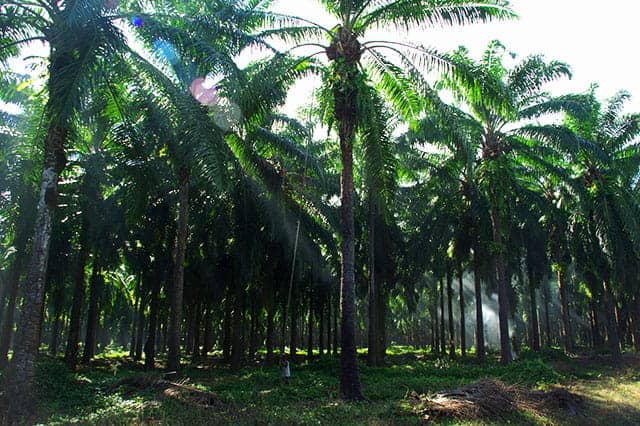
Following completion of the Mining SWIA, in 2017, MCRB embarked on field research to scope a SWIA of the oil palm sector, which is located only in Tanintharyi Region in South East Myanmar. The SWIA was intended to contribute to following up work by the Tanintharyi Regional Government to rationalise the many concessions handed out under the previous military government and reform the oil palm sector. The intention was to build on Fauna & Flora International’s (FFI) research on the environmental impacts of the sector. It would also draw on the work of civil society organisations on the social impacts of the oil palm sector, particularly land, as well as One Map Myanmar (OMM)’s mapping of oil palm concessions.
Field research was undertaken in late 2017 at 17 oil palm plantations in Tanintharyi Region, and the intention had been to undertake consultations. For a variety of reasons, a final SWIA was not completed, although research findings were shared in various engagements with stakeholders.
This included an MCRB/Oxfam co-hosted multistakeholder discussion on ‘Responsible investment in plantation agriculture' in Yangon in April 2018. The workshop, which discussed examples of good and bad practice in Myanmar relating to oil palm, bananas and rubber, focussed on the Myanmar legal framework for investment, including land acquisition and regulation of environmental impacts.
In November 2016 MCRB also co-hosted a multistakeholder roundtable in Naypyidaw with PRIME Agrion enhancing food safety and responsible sourcing in primary agricultural production, post-harvest, and food processing. Inter alia, this conference covered food and agriculture certification standards such as GLOBALG.A.P., Fairtrade, FSSC22000 and the Global Food Safety Initiative (GFSI). In 2018, Parliamentarians were concerned about the environmental impacts of pesticide use in agriculture, particularly bananas. The Amyotha Hluttaw (Senate) undertook its first ever parliamentary enquiry, on chemical residues, and MCRB made an input drawing on field research on oil palm.
Information about MCRB’s activity in the Agriculture sector during the period 2013-2024:
Business Consultation on National Land Law Reform
On 17 December, MCRB organized two separate online consultations (English and Burmese language) on “Myanmar land laws: currents problems, possible solutions”.
MCRB Expresses Concern About the Impact on Responsible Investment of the Amendments to the Virgin, Vacant and Fallow Lands Law
MCRB has sent a letter to the Chair of the National Land Use Council expressing concerns that the rapid implementation of the amended VFV Lands Management Law will cause significant problems for investors seeking to operate responsibly in Myanmar.
MCRB submits comments to Amyotha Hluttaw Agricultural Committee
MCRB has submitted a set of comments to the Amyotha Hluttaw Agriculture, Livestock Breeding and Fishery Development Committee in response to their Enquiry into Agricultural Chemical Residues (see below in English and Myanmar languages).
MCRB submits comments to Parliament on the draft Land Acquisition Act
MCRB has submitted a set of bilingual comments to the Parliamentary Committees currently considering a new law to replace the 1894 Land Acquisition Act.
Voluntary Guidelines on the Responsible Governance of Tenure (VGGT) of Land, Fisheries and Forests
A near-final Myanmar translation is available of the Food and Agriculture Organisation (FAO’s) Voluntary Guidelines on the Responsible Governance of Tenure (VGGT) of Land, Fisheries and Forests in the Context of National Food Security...
Consultation to update MCRB’s Land Rights and Business in Myanmar Briefing Paper
On 22nd May 2018, MCRB held a consultation in Yangon to obtain comments on the draft ‘Land Rights and Business in Myanmar’ briefing paper, an update of MCRB’s 2015 Land briefing paper.
MCRB/OXFAM workshop on Responsible investment in plantation agriculture, with a focus on land
On 27 April, Oxfam and MCRB hosted a multi-stakeholder discussion on ‘Responsible investment in plantation agriculture' in Yangon.
MCRB begins Mini Sector-Wide Impact Assessment (SWIA) on Oil Palm Sector in Tanintharyi Region
MCRB has commenced work on an assessment of actual and potential environmental, social and human rights impacts of the oil palm sector in Myanmar.
Towards a Myanmar Food Safety & Responsible Sourcing Initiative based on recognised International Standards
MCRB, together with PRIME Agri, co-hosted a roundtable in Naypyidaw on 8/9 November to discuss how Myanmar could enhance food safety and responsible sourcing in primary agricultural production, post-harvest, and food processing.
 English
English မြန်မာ
မြန်မာ မြန်မာ (unicode)
မြန်မာ (unicode)

